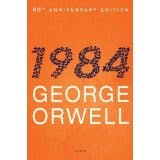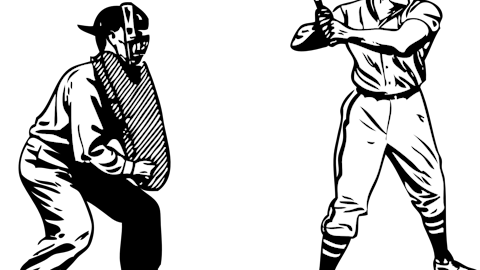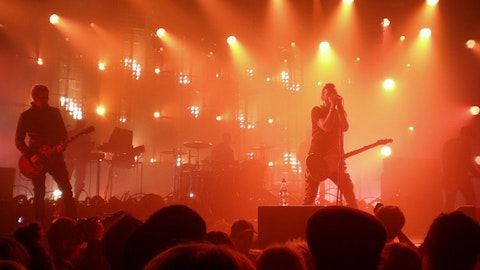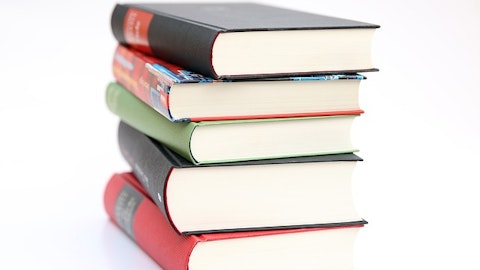Literature has always been an enriching factor to humanity, but the books that were banned in the past century were at one point considered harmful to society’s status quo. While today most of the treasured novels on this list have contributed to forming the minds of entire generations, they had to fall under restrictive hands before developing their popularity. The reasons for banning these books varied, but some of the most common were sexual imagery, invoking rebellious and aggressive ideas, and questioning racism, as well as religious beliefs of the 20th century.
Now, as we’ve learned in our previous article about the 10 most controversial songs of all time, banning a piece of art, music, or literature will rarely result in non-consumption. To the contrary, once the ALA’s Office for Intellectual Freedom listed these works as challenged, flocks of bookworms and literary experts found their way around the restrictions in order to attain a copy. So, let’s take a look at some of the books that were banned in the past century and what made them so controversial.
6. Brave New World (1932)
Author: Aldous Huxley
There’s truly nothing subtle about Aldous Huxley’s depiction of what our future society could look like: dystopian to the core, with humans ranked in a classified system and, of course, a rebel that won’t conform to the state of the world. However, while the novel is impeccably written, the 1932 society wasn’t quite ready to embrace it and banned the book for contempt of religion, marriage, and the family.
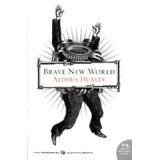
5. Catcher in the Rye (1951)
Author: J.D. Salinger
It’s hard to believe that this American literature classic was only relieved of the American Library Association’s banned list in 2006, but if anything, its controversial nature only made it more important in the classrooms. The story of an anxiety filled teenager who escapes his boarding school to spend some time in New York City was first censured because of its sexual content and profane language in 1951. The controversy caught on quickly, and from 1961 to 1982, the book became the most censured in high schools throughout the United States.
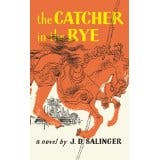
4. Fahrenheit 451 (1953)
Author: Ray Bradbury
Ironically enough, Ray Bradbury’s Fahrenheit 451 is actually a critique towards the state-sponsored censorship of the 20th century. But in the oppressive times of the early 60’s it was almost to be expected that such a forward thinking novel, with an even more enticing book cover art, would be banned in several states for use of offensive language and content. If anything, the censorship only proved the author’s point: that independent thought is not tolerated.
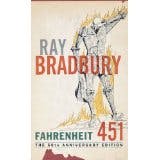
3. To Kill a Mockingbird (1960)
Author: Harper Lee
Harper Lee was recently in the spotlight for announcing the production of a sequel to this world renowned novel, and while the literary community received the news with great excitement, challengers are surely somewhat upset. The book about two children, their hide-out-neighbour, their lawyer father, and his defence of an innocent man involved in a rape trial was introduced to classroom curriculums in 1963, but soon enough faced adversity. Due to the unsettling bluntness of Lee’s approach to topics like rape or racial injustice, the novel quickly became the 41st most challenged book in the United States.
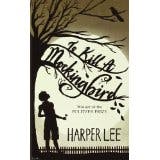
2. The Harry Potter Series (1997 – 2009)
Author: J.K. Rowling
Harry Potter might be one of the most famous novel characters ever created, but Joanne K. Rowling had to face a very livid conservative Christian community, who claimed she was installing satanic themes into the minds of our youngest generation. However, in spite of several attempts to ban the series, its popularity grew and today the brand holds a net-value of $15 billion.
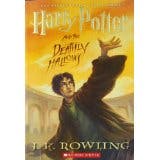
1. 1984 (1949)
Author: George Orwell
From all the books that were banned in the past century, 1984 was probably the most rejected in the United States, as well as in the opposing Soviet Union. While the U.S. claimed the Orwell’s futuristic society was pro-Communist, and should therefore be banned from the classrooms until well into the 80’s, the writer faced a different scenario on the other side of the Pacific. The Soviet Union didn’t take kindly to his depiction of the totalitarian state, resulting in the banning of the novel until 1988.
